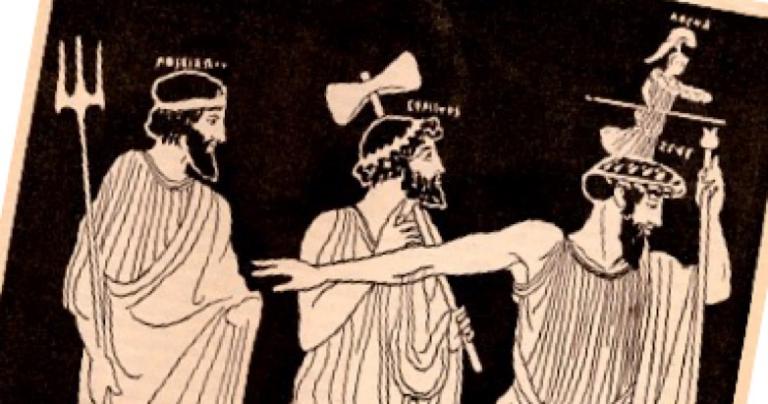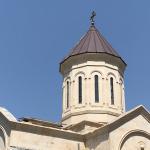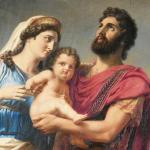 If God exists, then He has no beginning and no end by definition. God exists, but there is still a sensible way to speak of the “birth of God.”
If God exists, then He has no beginning and no end by definition. God exists, but there is still a sensible way to speak of the “birth of God.”
How?
There are animals that exist and yet humans are unaware of them. We discover those animals and so our knowing relationship with them begins. We might have been filling their ocean with plastic and killing them for decades, but now we know and that makes a difference.
God is there to be discovered as is all of metaphysical reality. We get things wrong about metaphysics, just as we do about physics. As time passes, we learn and have better language to describe what we experience. Of course, God can also communicate to humankind, though He must be careful not to overwhelm us with His presence. If God wishes us to retain a free will and an ability to do anything but worship Him (so good, true, and beautiful is He), He must hide His full nature.
Even a perfect person would die with joy if he saw Him, even for a moment in His Divine Essence.
Any given ideas about God (a theology) can be born and even die (unlike God). Christianity is the truth, but not every Christian theology accurately describes the truth. Arianism came, it was considered, and was rejected. Theology also grows. We shan’t discover that we should hate our enemies, but we do discover that some actions that were permissible become impossible to us as we learn what loving our enemies really means. God has grace on us as we learn. We are moving toward the chastity of Paradise for everyone, so actions like polygamy once tolerated are now impossible.
The birth and death of a theology is easy to see in the Greek writer Hesiod who wrote a conveniently titled book Theogony (or the Birth of the Gods). Like most men who went in search of the Divine, there is much that is wise and much that is silly in Theogony. He wrote so long ago that the metaphysical errors are obvious and can do little harm, but the insights endure.
Hesiod understood that metaphysics was complex and essentially true. Hesiod implies an unnamed Divine that undergirds all, but that there are also ideas (he personifies many of those) and beings that are not human, but not God. These are the gods and it is unfortunate that we have no different name for them, because it leads foolish English speakers to confuse the gods with God. A quick read of Hesiod would end this error: the ineffable Divine has nothing to do with the all too fallible beings that inhabit the cosmos. The gods are more like men than God. They are like God only as we are like God in immortality and unlike men in being very powerful.
Do the gods exist? Obviously, not exactly as described by Hesiod, but a Christian need have no sure opinion here. There are obviously beings that are not physical, but not God: angels and devils at least. Are there other such beings? Maybe. Maybe not.
When I was born again, God was born in me and made real to me. God Himself was not born (of course!), but my knowledge of God began. I have mucked it up so badly at times (God forgive my twenties), but what was born (the Divine in me) has continued to grow. I hope, by God’s grace, the trajectory has been Godward. Some “gods” have had to die on the way and some theology has been transformed, but God has remained existent and not silent.
Thank God. Be born again in me today.












